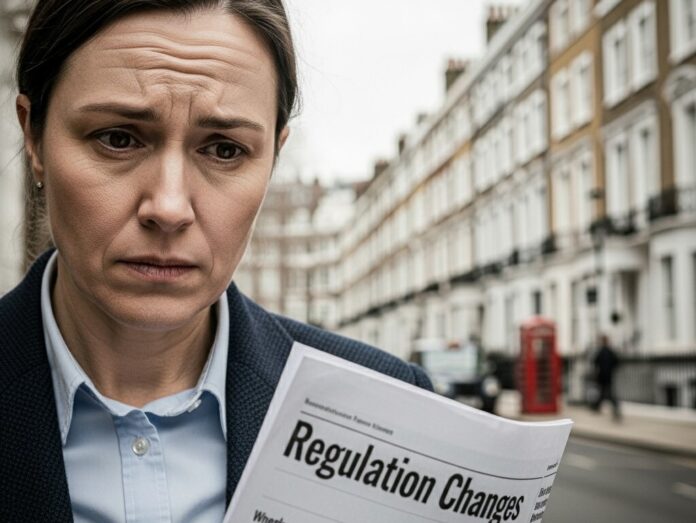The average advertised rent across Great Britain rose to a record £1,577 a month in August according to new figures from Rightmove as landlords prepare for the impact of the forthcoming Renters’ Rights Bill and potential new taxes in the Autumn Budget.
The figure is 3% higher than a year ago, in line with Rightmove’s forecast for 2025, with tight supply continuing to push prices upwards.
The number of available homes to rent is 8% higher than in August 2024, but this remains the lowest level so far this year. Compared with the pre-pandemic market in 2019, rental supply is still down by 27%.
Regional trends vary sharply. Rents are climbing fastest in the North West, up 10% year-on-year, while London has seen the slowest growth at 2%.
Rightmove’s landlord survey highlights mounting unease within the sector.
One in three landlords said they were considering leaving the market, while two-thirds felt unsupported by government.
New taxation and regulation topped the list of frustrations, with 68% citing them as a reason to reduce their portfolios.
However, in the near term, 51% of landlords plan to maintain portfolio size over the next year and 20% expect to expand.
Buy-to-let lending also shows signs of recovery: UK Finance data reveals the number of loans advanced for residential investment in the first half of 2025 was 16% higher than in the same period last year. Lending for new purchases rose 23%, outpacing a 14% increase in remortgages.
MARKET CHALLENGES

Colleen Babcock, property expert at Rightmove, said: “There are challenges for both tenants and landlords in the current market.
“While tenants looking to move have more choice and less competition from other tenants compared with a few years ago, some may still find their options limited with rents at record levels.
“Meanwhile, landlords are bracing for big legislative changes in the Renters’ Rights Bill, and the rumoured tax changes have added an element of uncertainty heading into the autumn.”
And she added: “Landlords provide vital homes to tenants and have already faced an increase in taxation through stamp duty changes.
“It is essential that it remains attractive and viable to be a landlord so that tenants have comfortable places to live. If more landlords are driven out of the sector by more and more taxation, it will be tenants who lose out in the long run.”



